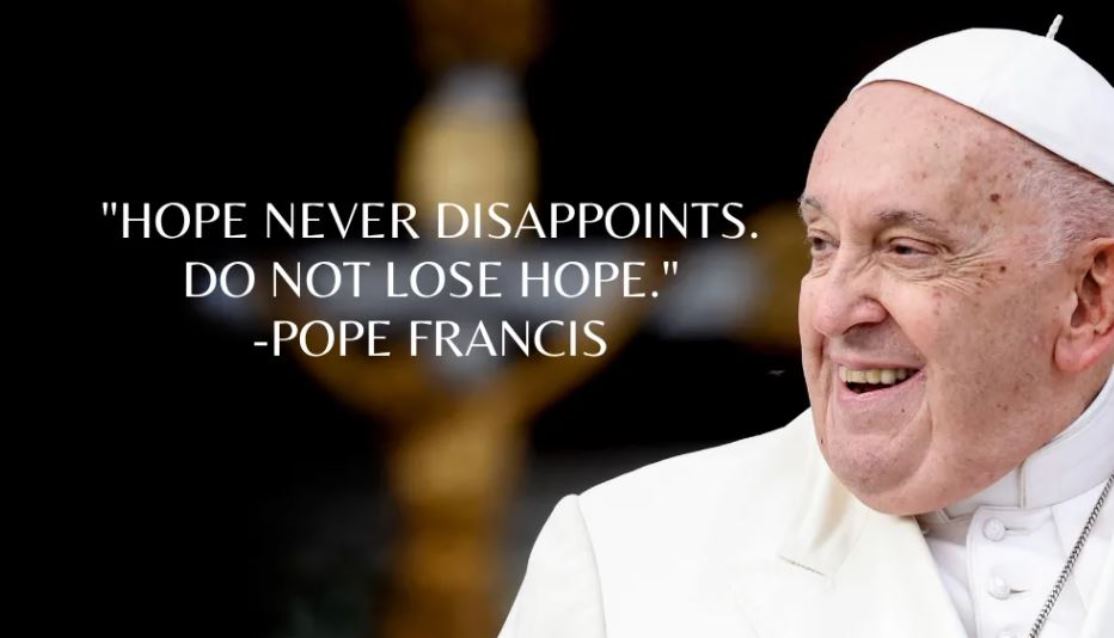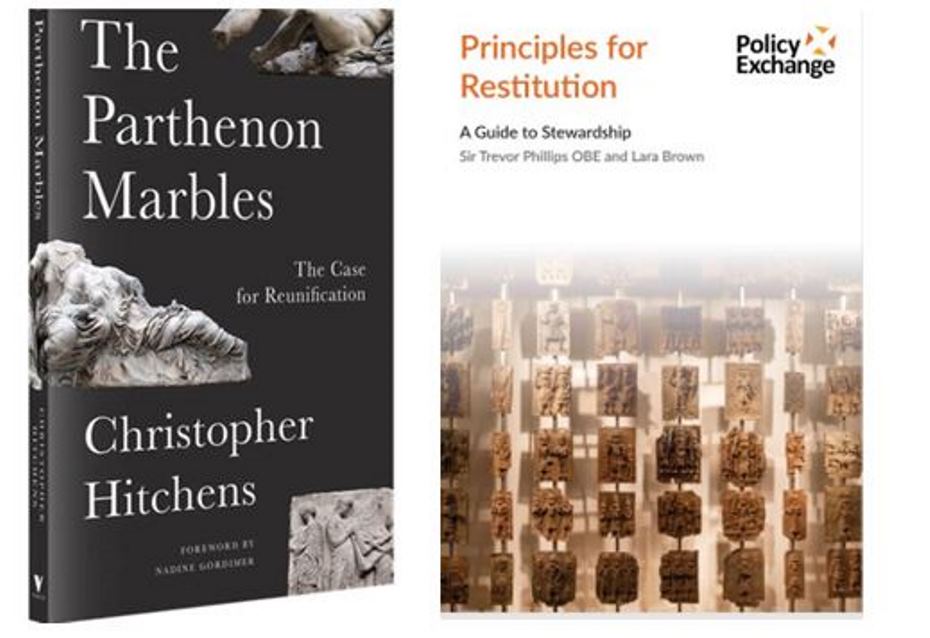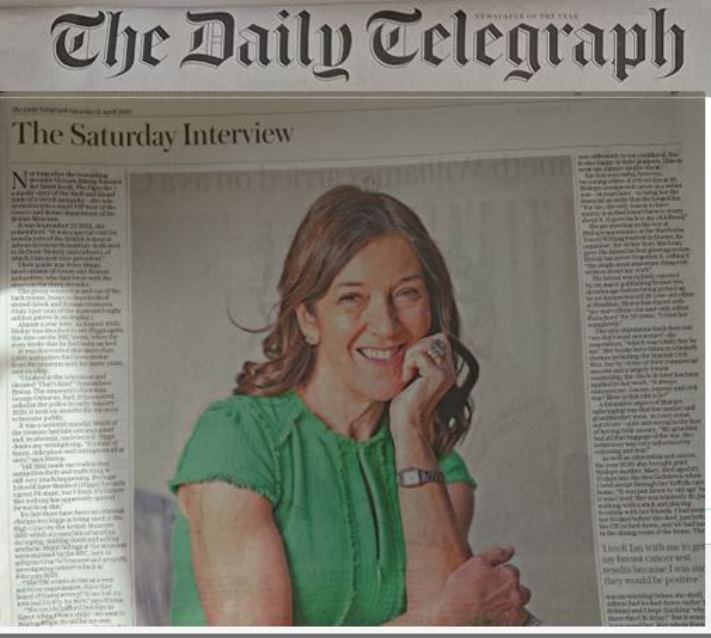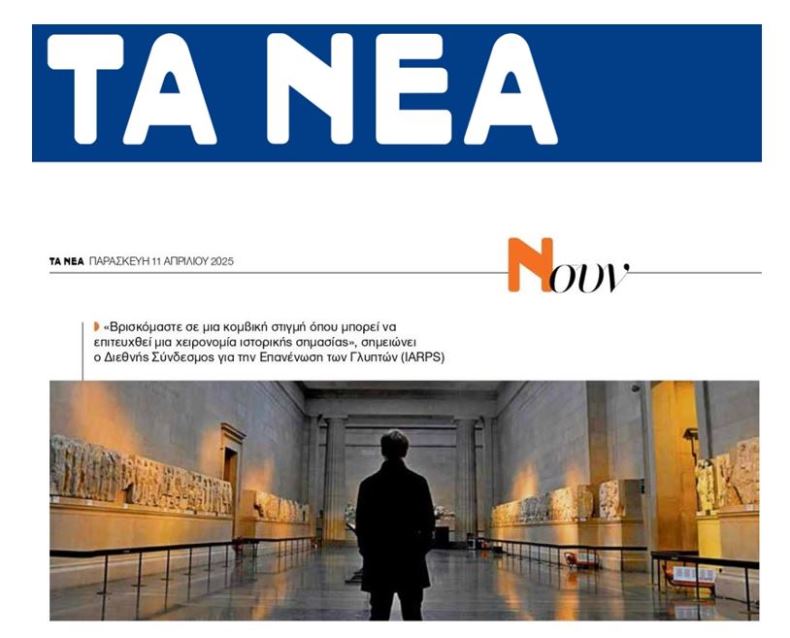As the British Museum looks to reimaging itself as a 'lending library', what is to be the next chapter for the Parthenon Marbles?
Museums as 'lending libraries' is not a bad idea as cultural mobility will ensure that artefacts are seen by those that cannot travel (so long as the countries whose artefacts are being lent are happy for them to travel around the globe). With an estimated 70–80% of the world's population not travelling outside their home country, this would make museum's cultural artefacts accessible by billions. Will this help the British Museum become more universal? Probably.
On the flip side listening to Zeynep Boz talking about the UK and the BM's claim that the Parthenon Marbles were 'legally acquired by the laws of the time', one asks if it isn't time to recognise Greece's ask as one that is wholly justified. There is no bill of sale from the Ottomans and Elgin's acquisition remains not questionable but debunked.
Is it time to amend the Museums Act, UK House of Coomons, House of Lords, DCMS? Is it time to recognise that Greece has not been asking for anything more and that they are not wanting to denude any Western Museum, not least the British Museum.
The importance of the reunification of the Parthenon Marbles remains key to the holistic understanding of the Parthenon, a unique building which has withstood millennia of history and still stands, crowning the Acropolis, Athens' Sacred Hill. As great symbols of global cultural heritage, should independent Greece not be given the opportunity of showcase this peerless collection of sculptures in the superlative Acropolis Museum? Should the sculptures be deemed fit to travel far and wide, should Greece not be the nation that makes that decision about where they go? Is this about twenty-first cultural co-operation, power sharing when it comes to cultural artefacts whose significance matters globally or is this about a new form of cultural superiority for one nation over another?
As we look to a fairer society in an ever shrinking globe with a rising population, what is the best way to view and understand the cultures of other nations and why will that help promote greater empathy and understanding globally.
All BCRPM members would add that return and restitution cases deserve consideration 'on a case by case basis'.
The British Museum states that it cannot 'give Greece the Parthenon Marbles' back, it can only lend them, as the new Director, Dr Nicholas Cullinan also confirms in today's Independent article. These sculptures were forcibly removed when Greece had no voice and now Türkiye has added her voice to the reunification by emphasising the lack of official permission in the early 19th century by then Ottoman rulers for these sculptures to be removed.
It is up to this new UK Government under the leadership of Sir Keir Starmer, supported by Lisa Nandy as Secretary for Culture, Media and Sport to consider the possibility of doing the right thing and amending the Museum Act? Such an amendment would allow these sculptures to begin their newest chapter. They could be reunited, respectfully with their surviving halves, in the Acropolis Museum, with views to the Parthenon.
We continue to hope, especially as we are reminded the Labour Party as the governing party of the United Kingdom, having won the July 2024 general election, is currently the largest political party by number of votes cast and number of seats in the House of Commons. Plus their mission statement would and could apply to finding a lasting solution to the plight of the divided Parthenon
Marbles too:






Comments powered by CComment